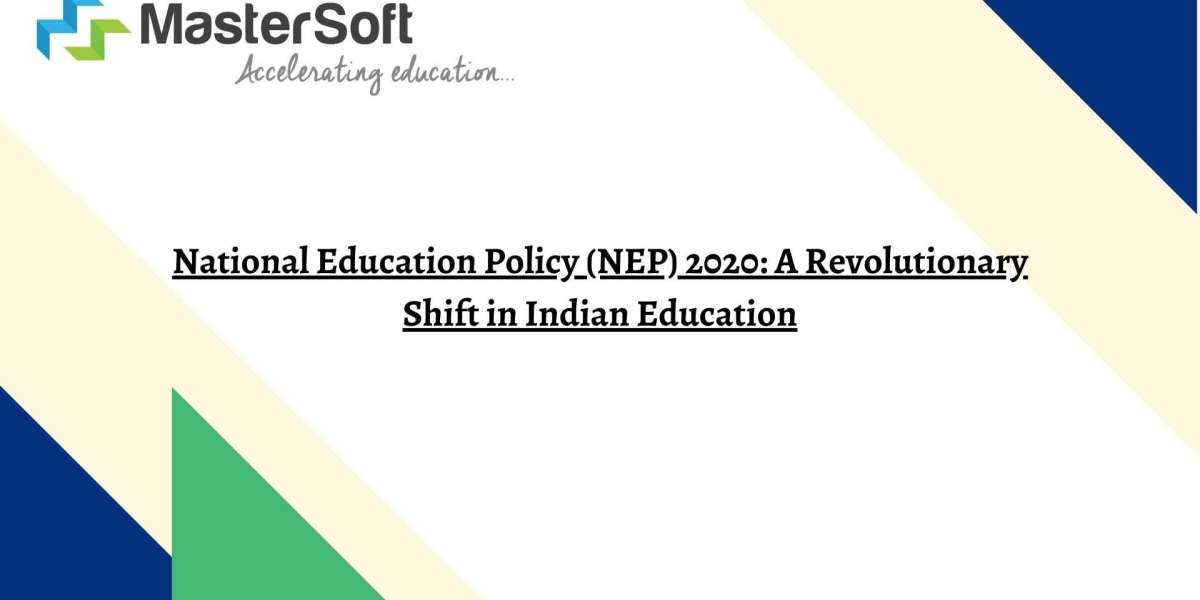The National Education Policy (NEP) 2020 marks a historic transformation in India's education system. Introduced by the Government of India, NEP 2020 aims to provide a holistic, flexible, and multidisciplinary approach to education. It replaces the 34-year-old National Policy on Education (NPE) 1986 and aligns with the vision of making India a global knowledge hub.
Key Highlights of NEP 2020
1. Early Childhood Care and Education (ECCE)
NEP 2020 recognizes the importance of early childhood education and proposes the integration of preschool education (ages 3-6 years) into the formal schooling system. The new 5+3+3+4 structure replaces the traditional 10+2 system, focusing on foundational learning.
2. Holistic and Multidisciplinary Education
The policy encourages a flexible and interdisciplinary approach, allowing students to choose subjects based on their interests rather than being confined to rigid streams.
3. Focus on Skill Development
To bridge the gap between education and employment, NEP 2020 emphasizes vocational training from Class 6 onwards, integrating coding, critical thinking, and experiential learning into the curriculum.
4. Higher Education Reforms
Establishment of a Higher Education Commission of India (HECI) for regulation.
Flexibility in degree duration (3 or 4-year undergraduate programs).
Multiple entry and exit options with an Academic Bank of Credits (ABC) system.
5. Technology in Education
NEP 2020 promotes digital learning and EdTech solutions, ensuring accessibility through online courses, e-libraries, and AI-driven learning tools.
6. Increased Public Investment in Education
The government aims to allocate 6% of GDP to education to improve infrastructure, teacher training, and research facilities.
Impact of NEP 2020 on Indian Education
Personalized Learning: Focus on student-centric education.
Global Standards: Aligns Indian education with international best practices.
Inclusivity: Special emphasis on marginalized and disadvantaged groups.
Lifelong Learning: Promotes continuous education and skill enhancement.
Conclusion
NEP 2020 is a forward-thinking policy that aims to create a more inclusive, innovative, and skill-based education system in India. With its emphasis on flexibility, technology, and holistic development, it is set to revolutionize how education is delivered and perceived in the country.


